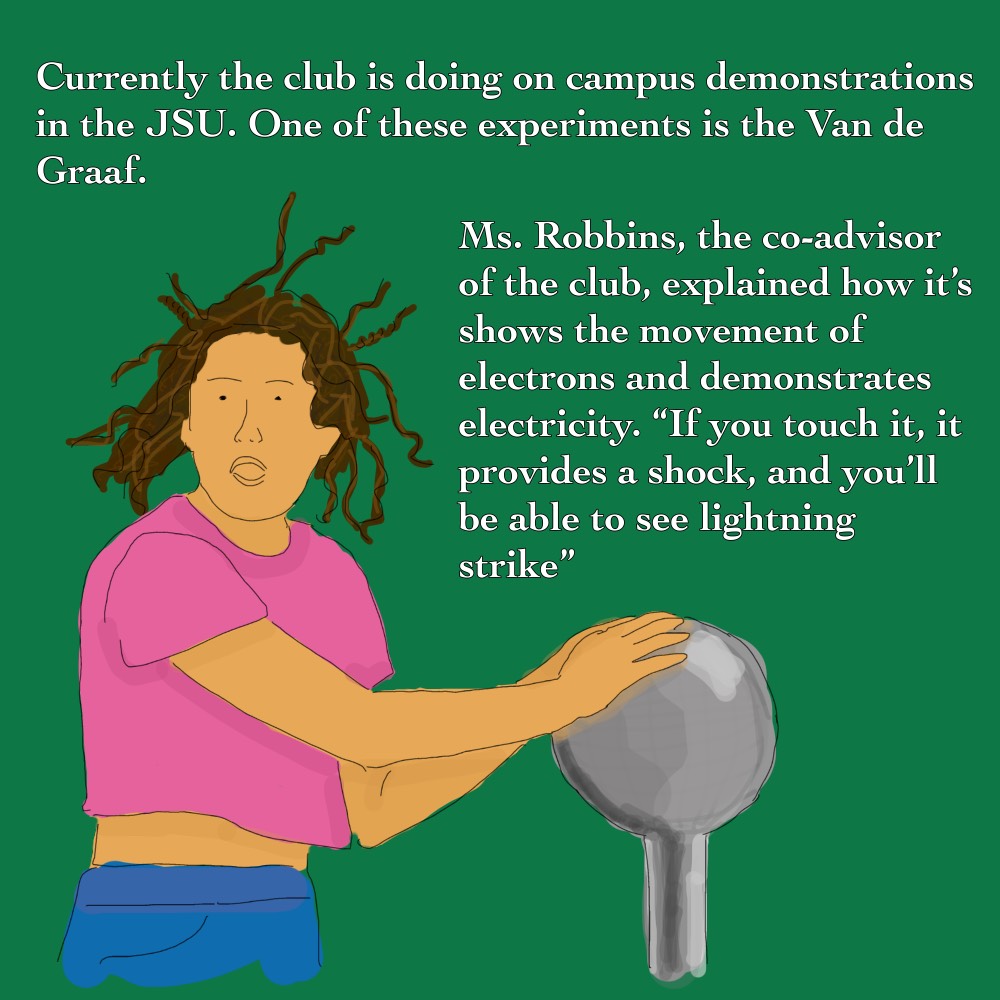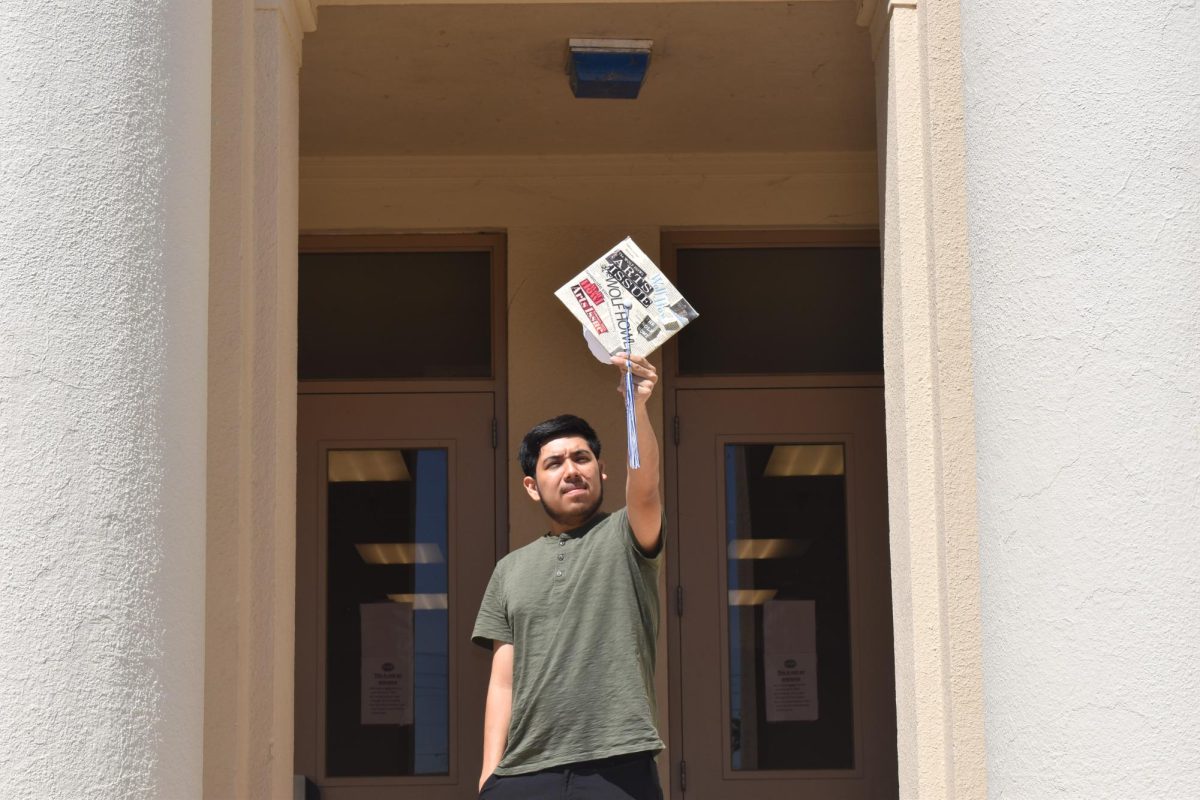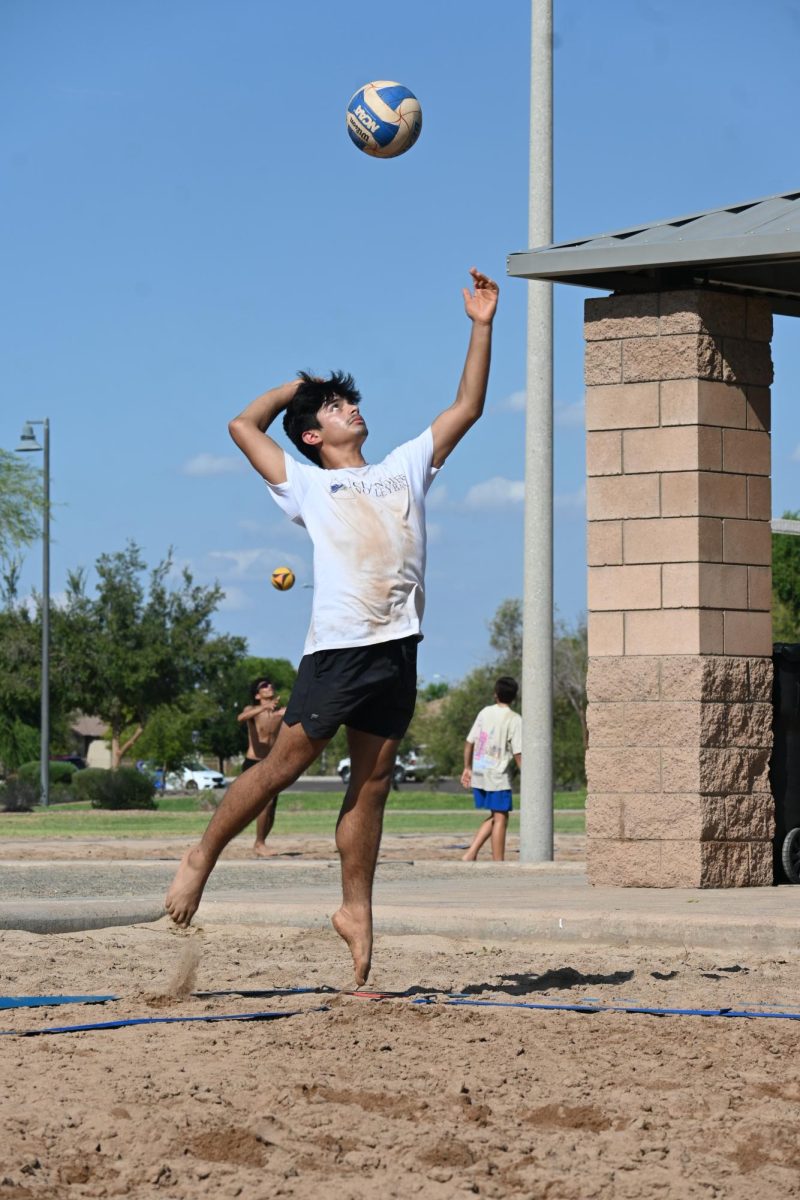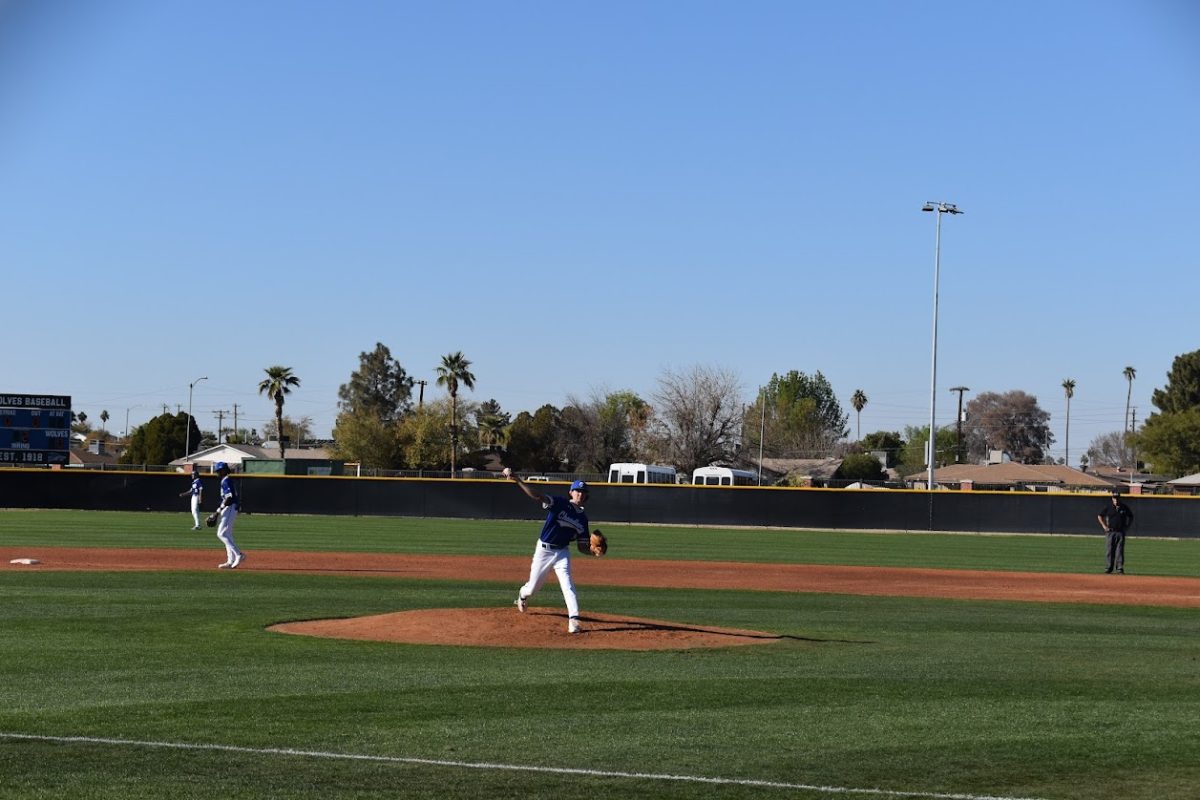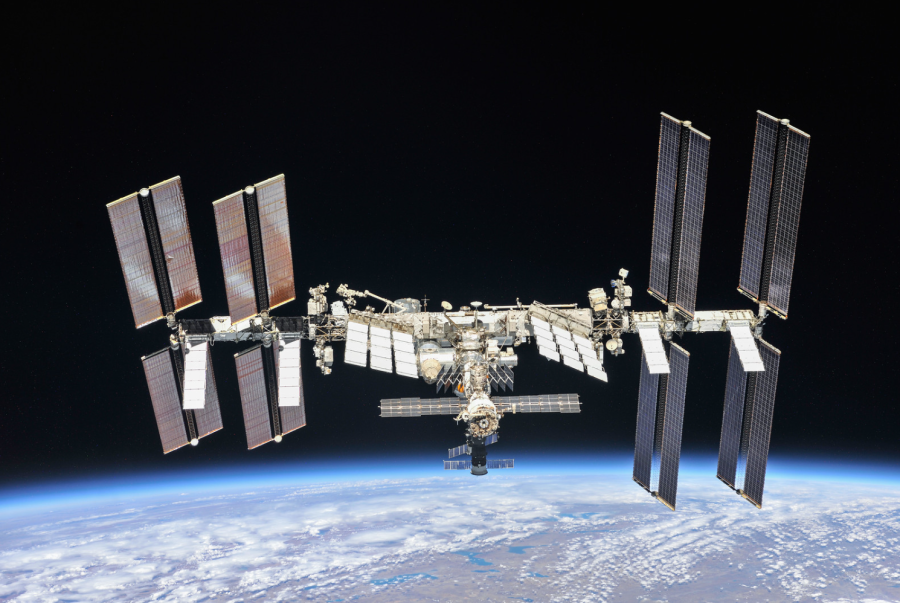Following the invasion of Ukraine over six months ago, there have been talks of Russia exiting the International Space Station. This is a monumental development, as Russia has been a core member of the ISS since 1998. Diplomatic relations between the United States and Russia have been strained as of late, and this announcement has made the severing of ties between the two countries imminent.
Terry Virts, a retired American astronaut who was in charge of the ISS from 2014 to 2015, thinks that there is nothing positive about this situation. Ailsa Chang of NPR reports, “he says that without the ISS, there isn’t a single good thing left in U.S.-Russia relations – and after Russia’s invasion of Ukraine, he sees little reason for the countries to continue working together in space.” The breaking of these countries’ bonds could very well result in a similar situation to the Cold War. If Russia exits the space station as promised, further interactions between the two countries are unlikely to occur.
The new chief of Russia’s federal space agency, Roscosmos, was the one to initiate the departure from the ISS, as Brett Tingley of Space reports, “Roscosmos leadership has been threatening to pull out of the International Space Station for months, stating that Western sanctions will “destroy” Russian cooperation aboard the orbital lab.” Sanctions placed against Russia increased tenfold following their invasion of Ukraine, and it appears that the Russian government has finally had enough with the penalties placed on them by the US. The time frame for their departure will allow the current members of the ISS to plan accordingly.
Russia’s involvement in the station, while important, won’t drastically affect the function of the ISS, as Tingley reports, “the space station’s design means that the U.S. and Russian segments of the station are interdependent, and it’s not clear to what extent the U.S. could maintain its facilities should Russia leave the partnership.” The ISS is a symbol of the interconnectedness of all of Earth, and the loss of a major member will deeply impact this aspect of the station. Russian cosmonauts make up a staggering 20.5% of the 244 people representing 19 nations who have ever visited the ISS. For comparison, Russia has sent more cosmonauts to the space station than every nation (other than the USA) combined. The withdrawal of the Russians will represent a major turning point in the ISS’s future as a collaborative laboratory.
The decades-old station is planned for retirement in only a few more years, as Agence France-Presse of NDTV writes, “the year 2024 is what the partners had previously agreed to, though NASA’s goal is to keep the ISS in orbit until at least 2030 and then transition to smaller commercial stations.” Not everyone has quite a positive outlook on the situation, as some high ranking officials in Russia don’t think that the ISS can even function without the assistance of the cosmonauts. The former chief of the space program, Dmitry Rogozin, said, “that without his nation’s cooperation, the ISS could plummet to Earth on US or European territory” (qtd NDTV). Russia’s exit from the ISS will result in virtually no contact with America, vastly altering the political climate as a whole.






